
FOCUS
14-02-2022 by Freddie del Curatolo
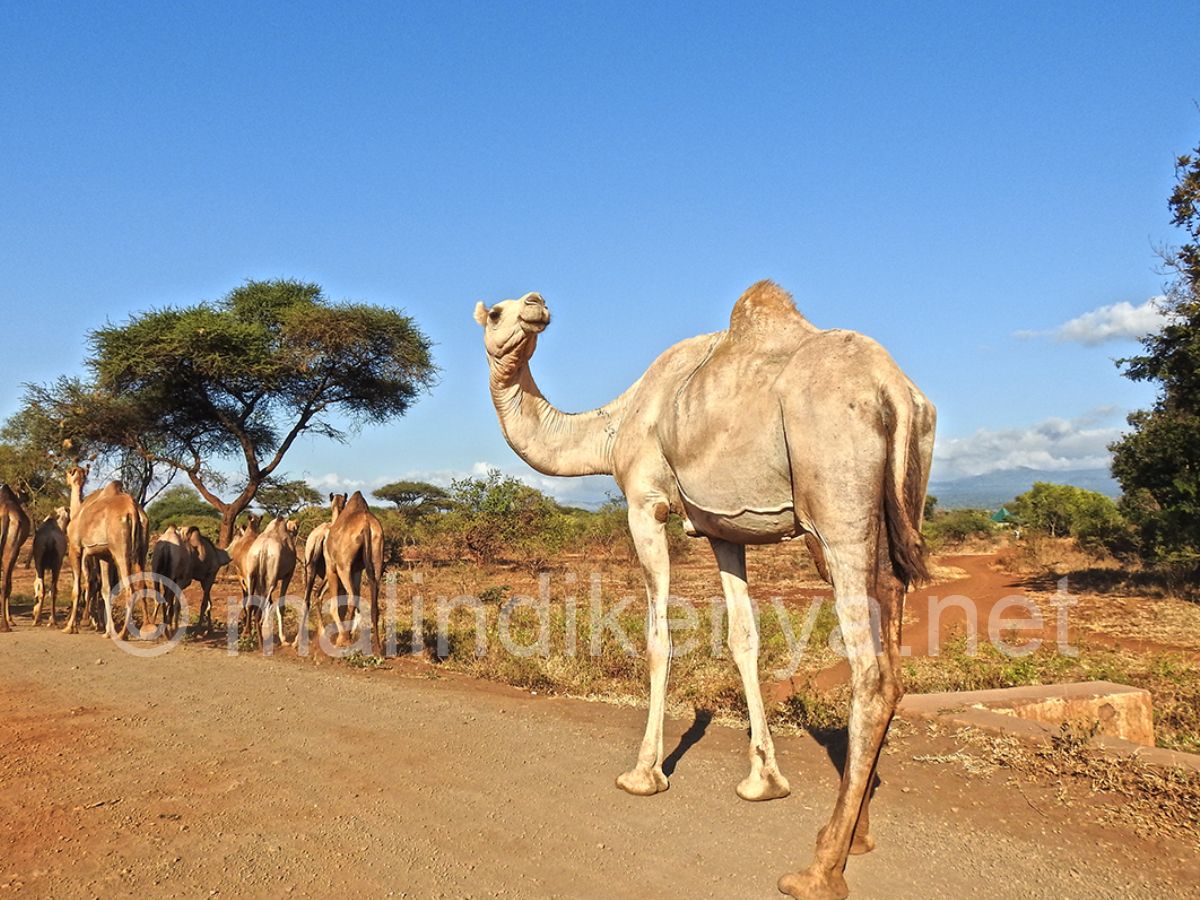
The damage of drought, desertification and consequent climate and vegetation change in Kenya is well known and before the eyes of those who live in this country with a critical spirit and sensitivity to the environment and community life.
Remedies that come from the top are often palliative or laudable niche attempts to limit the ruin of our planet. Those that come from below, meaning the earth and those who, working it, respect it, are gestures and projects that give us hope, because they point to the adaptation without flights of fancy, in short, to the instinct of survival.
This is the case of the camel milk boom, which from a "niche" choice, from a bio-healthy drift, is gaining ground as a salvific solution for the population of northern Kenya, as well as conquering Nairobi and, lately, the coast for its particular taste. This despite production and sales prices that are still quite high.
The most important Kenyan company that markets camel milk, White Gold Camel Milk of Nanyuki, confirms that it is struggling to meet all the national demand with its production of 600 liters of fresh milk per day. Three large supermarket chains have already adopted the brand and requests are also coming in from other East African countries.
In the beginning, the choice of camel milk was dictated by the idea that it was healthier than cow's milk because it is lower in cholesterol and suitable for diabetics and people with high blood pressure.
Even better than goat milk, which is usually used by people having problems with lactose and proteins, without renouncing to the right contribution of fats and vitamins.
But now the Bactrian camel (the one with two humps) and the dromedary in Kenya have a more important value: drought and impoverishment of vegetation are putting cattle farms in serious danger. Thousands of head of cattle a day are in danger of disappearing and complicating the already hard life of pastoralists. Camels number around 4 million and continue to breed happily.
Rural Kenya lives almost exclusively on agriculture and pastoralism and needs to find new ways not to die of hunger and thirst.
Camels, as we know, are ten times more resistant than cows, they can walk up to 100 kilometers every day in search of food without getting tired and without diminishing their milk supply.
They eat leaves and shrubs that grow even in semi-arid regions and that would be poisonous for other dairy and meat animals and they perform better if left free in large spaces where they always travel in groups, so they do not need to be followed and controlled on sight.
Not only that, they're less shabby in health and much harder to steal. Of course, as veterinarian James Juja, vice president of the Kenya Camel Association (KCA) reminds us, even camels and dromedaries have their weak points, given by thorn wounds to the legs, insect bites and worms. "Those who plan to milk them should still care for them and have them visited at least once a month. Camel gestation is 13 months and a specimen can live up to 15 years.
In that time, he estimates that a female can give birth five to seven times if she is prolific enough. Increasing production throughout Kenya can not only be the salvation of so many communities that are suffering, but lower the cost of selling it to make it available to even the lower middle class of potential users. From the trendy places of Nairobi, above all the "halal", that is healthy and non-alcoholic of Muslim imprint, the fashion of the "camelccino" and "camellatte" is spreading also in the bars of Mombasa and there is already a sales point in Kilifi county, which also offers yogurt and other products. They are waiting for the cheese, which could rival the delicious goat cheese.
While the future may not be great, they are the pets of the future, at least in sub-Saharan Africa. Getting used to the slightly wild taste of camel milk will very soon become a necessity, rather than a fad or a healthier lifestyle.
STORIES
by Freddie del Curatolo
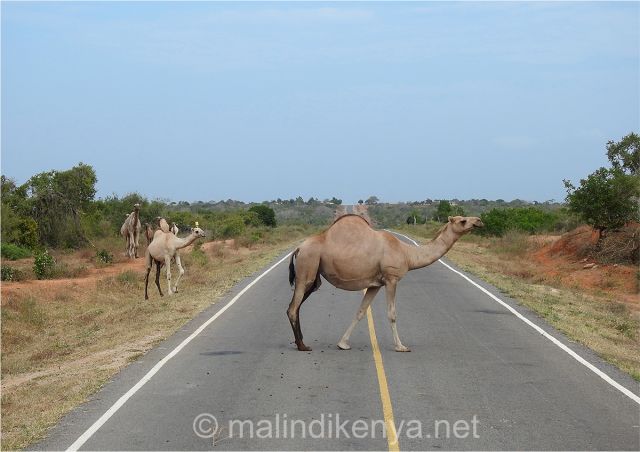
Until a few decades ago there were not so many camels in Kenya.
The areas...
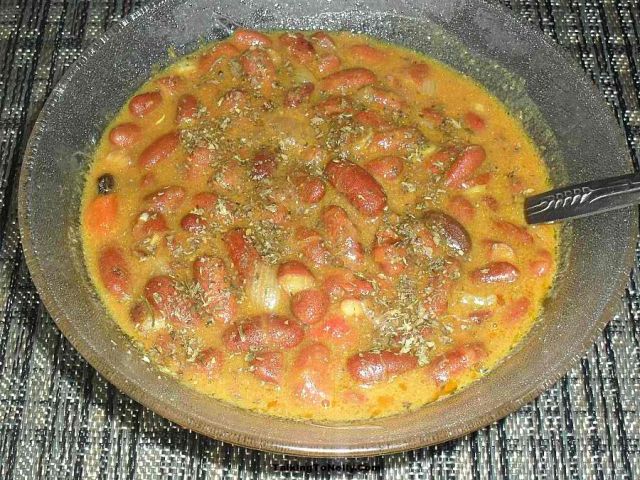
The coconut beans (maharagwe za nazi) are a poor but tasty and energetic dish of the tradition of the ethnic mijikenda that populates the Kenyan coast.
Depending on who prepares it, its taste and abundance of beans, it can be...
SLOW FOOD
by Freddie del Curatolo
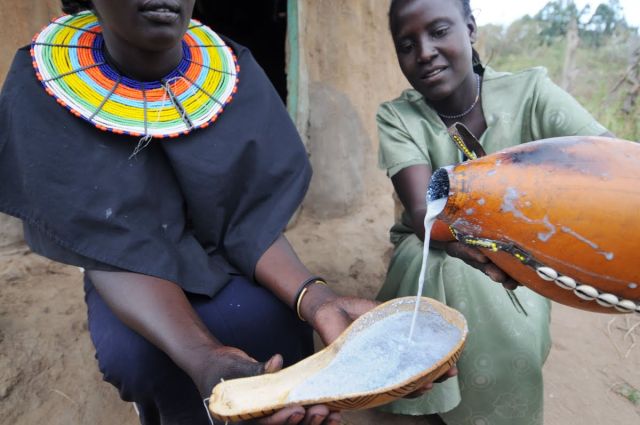
Those who have been following us for some time know that we often cover the flavors of this...

The beaches of Watamu and Malindi are getting cleaner and cleaner thanks to the initiatives of the...
EVENTS
by redazione
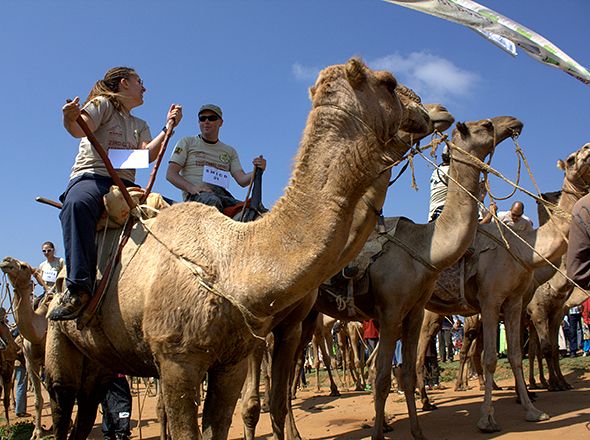
This year, the first week of September also marks a unique event in sub-Saharan Africa: the "Maralal International Camel Derby".
The international camel festival is held on Saturday and Sunday in the Kenyan town of Maralal, in the Samburu region,...
RECIPES
by redazione
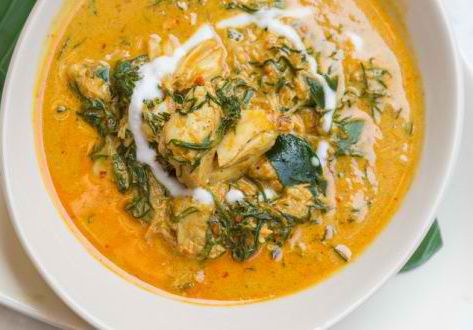
"Samaki wa kupaka ya nazi", that is literally "Cubes of coconut fish" is a traditional Swahili dish from Kenya, which uses various spices of ancient Indian origin to give it a taste. A very tasty version includes the "madras", the...

Another mouthwatering recipe from the portal of Italians in Kenya. Today we present the...
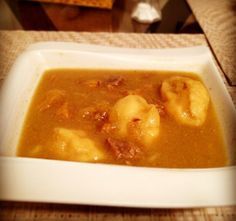
"Muhogo wa Nyama" (meat with cassava) is a typical dish of Kenyan cuisine. The cassava is a tuber completely similar to the manioc, it is used to make flour or potatoes, both fried and stewed. Its taste reminds a bit of...
EDITORIAL
by Freddie del Curatolo
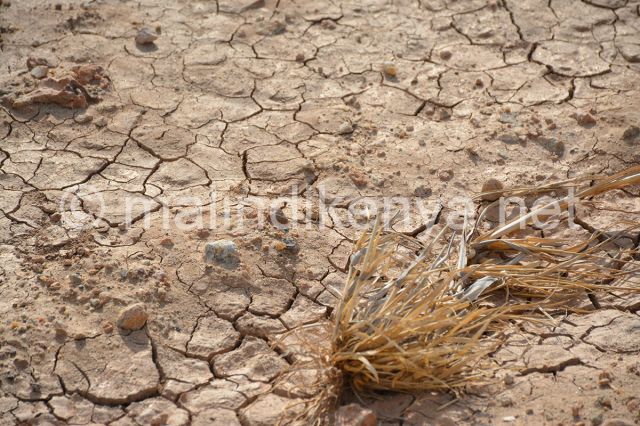
The big rainy season is still delayed on the coast and the territory is beginning to seriously suffer from...
RECIPES
by redazione
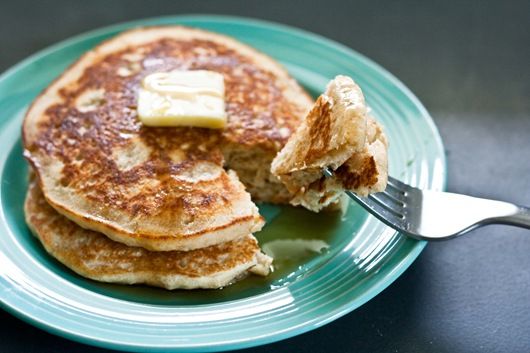
Vibibibi' are local pancakes made from rice and coconut milk.
"Vibibibi" in kiswahili means "ladies".
In the tradition of the Kenyan coast, they are used in particular for breakfast or as a sweet appetizer before lunch.
There are those who...
LOCAL RECIPES
by redazione
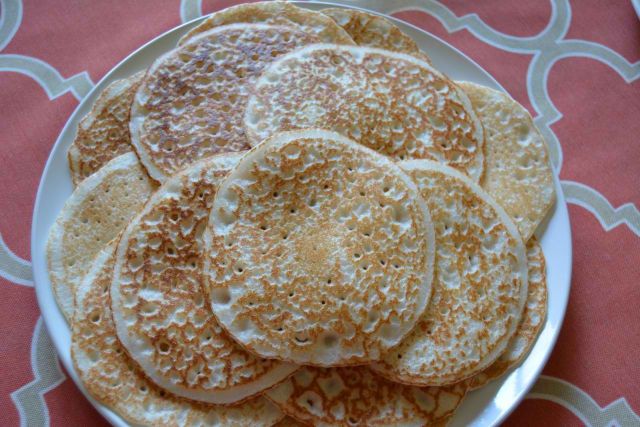
In Kiswahili, the word "vibibibi" means "young ladies."
This...

Soups are one of the specialties of Swahili cuisine. The creaminess and flavor resulting from combinations...